pm63
TPF Noob!
- Joined
- Apr 23, 2007
- Messages
- 587
- Reaction score
- 0
- Location
- London
- Website
- flickr.com
- Can others edit my Photos
- Photos OK to edit
I have just begun to experiment with 35mm film, nothing serious yet, just testing it out on a zone focusing camera my grandad gave me. I am, however, finding it very expensive.
I mainly want to shoot B&W film so I bought a 36exp roll of Ilford XP2 at a high-street store, and it cost me £6 (Americans double this price for USD, but keep in mind it will be cheaper than the figure you end up with in the US). Fair enough, I thought, this is just for testing and from now on I'll buy from Amazon - but now that I look it turns out that Amazon is the same price. Total so far: £6.
I finished the roll yesterday, and went to get it developed at another branch of that same store. Development only is costing me £5 (standard C41)! Total so far: £11.
Scans on CD would have cost me £2 for the roll but they would only have been 6MP JPEGs so I didn't take it. That would have been £13, just to have 36 exposures in digital (albeit low quality) editable form. I'm thinking that if anything good came out of that roll, I'll find a good lab and get some decent-size TIFF scans.
Is it normal for you film buffs to pay this much? Am I just being cheap and have to get used to such costs when working with film? In particular, the development cost seems a lot for a quick machine process. Do the more experienced among you cost-cut by self-developing or other methods?
Also, is it worth me finding a good lab rather than resorting to high street ones which draw blank looks when asked about Ilford XP2 development (despite rolls of it lying right next to the counter for sale), assume that development must also involve prints of the entire roll, and can only scan JPEGs?
Any and all help is much appreciated.
I mainly want to shoot B&W film so I bought a 36exp roll of Ilford XP2 at a high-street store, and it cost me £6 (Americans double this price for USD, but keep in mind it will be cheaper than the figure you end up with in the US). Fair enough, I thought, this is just for testing and from now on I'll buy from Amazon - but now that I look it turns out that Amazon is the same price. Total so far: £6.
I finished the roll yesterday, and went to get it developed at another branch of that same store. Development only is costing me £5 (standard C41)! Total so far: £11.
Scans on CD would have cost me £2 for the roll but they would only have been 6MP JPEGs so I didn't take it. That would have been £13, just to have 36 exposures in digital (albeit low quality) editable form. I'm thinking that if anything good came out of that roll, I'll find a good lab and get some decent-size TIFF scans.
Is it normal for you film buffs to pay this much? Am I just being cheap and have to get used to such costs when working with film? In particular, the development cost seems a lot for a quick machine process. Do the more experienced among you cost-cut by self-developing or other methods?
Also, is it worth me finding a good lab rather than resorting to high street ones which draw blank looks when asked about Ilford XP2 development (despite rolls of it lying right next to the counter for sale), assume that development must also involve prints of the entire roll, and can only scan JPEGs?

Any and all help is much appreciated.


![[No title]](/data/xfmg/thumbnail/39/39438-1eb8b5f82b59d9d0c72ae9025778ed4c.jpg?1619739032)
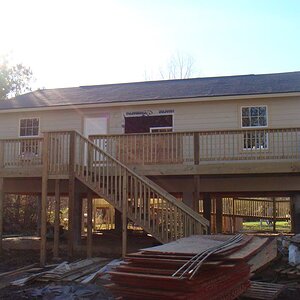
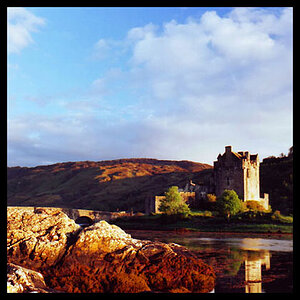
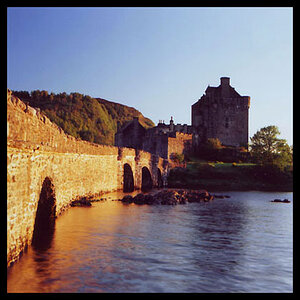

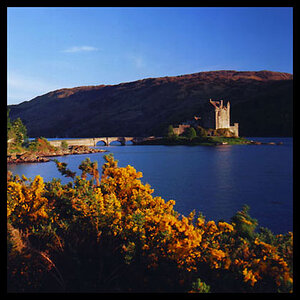
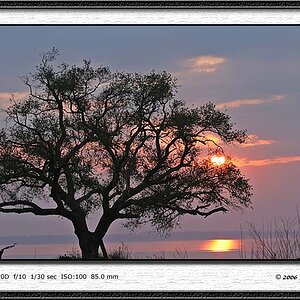
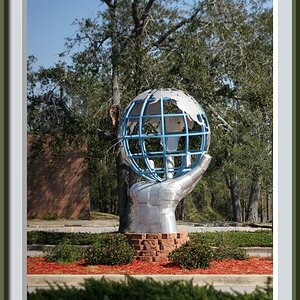
![[No title]](/data/xfmg/thumbnail/39/39443-45e1b162b6c7c1d8ebbc8faf5623b705.jpg?1619739034)
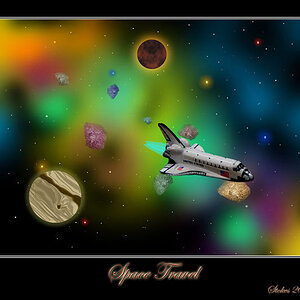
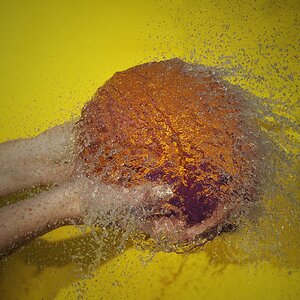
![[No title]](/data/xfmg/thumbnail/39/39442-c7791194bfea1b4d6bd382b004fb8488.jpg?1619739033)